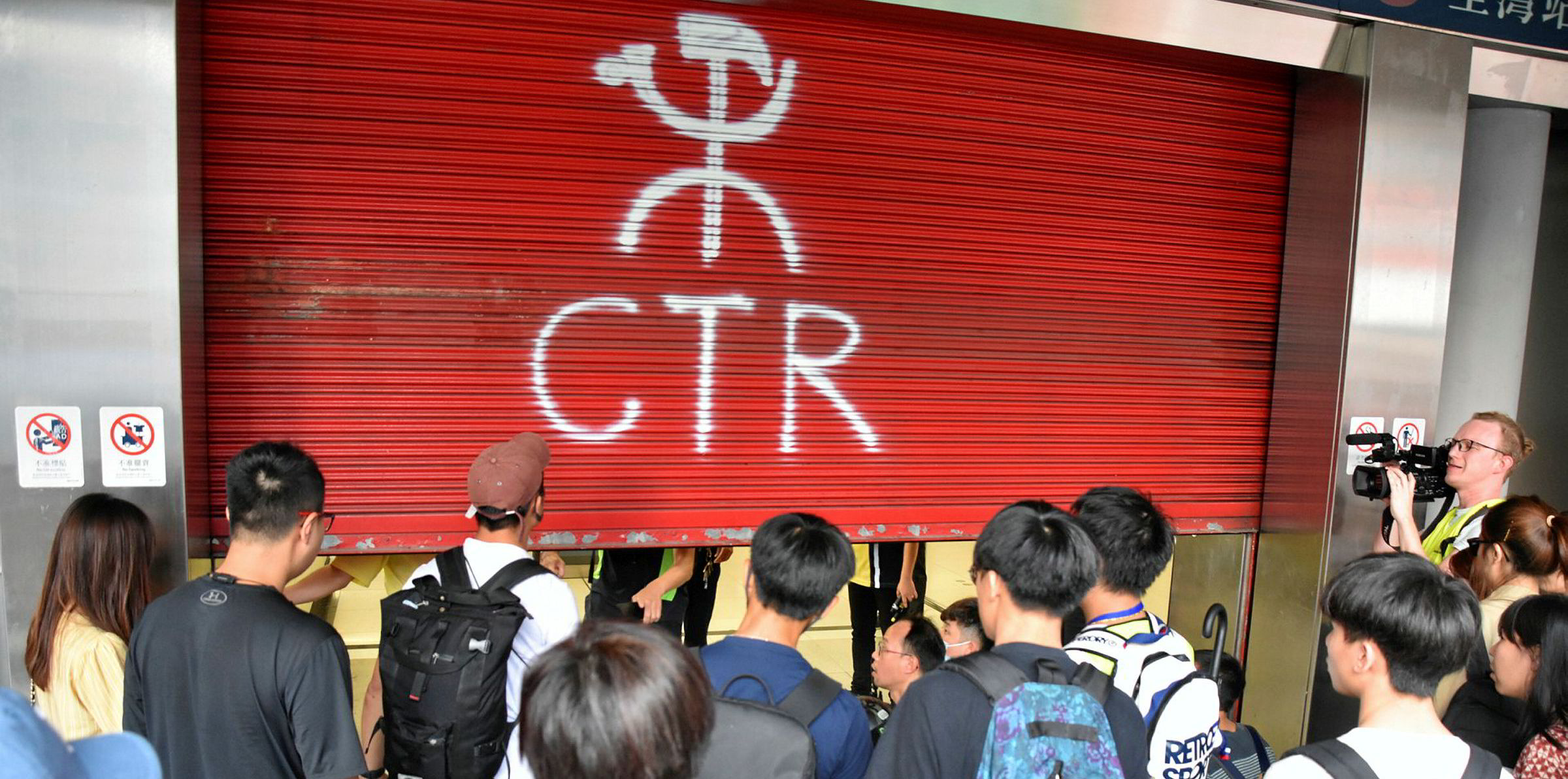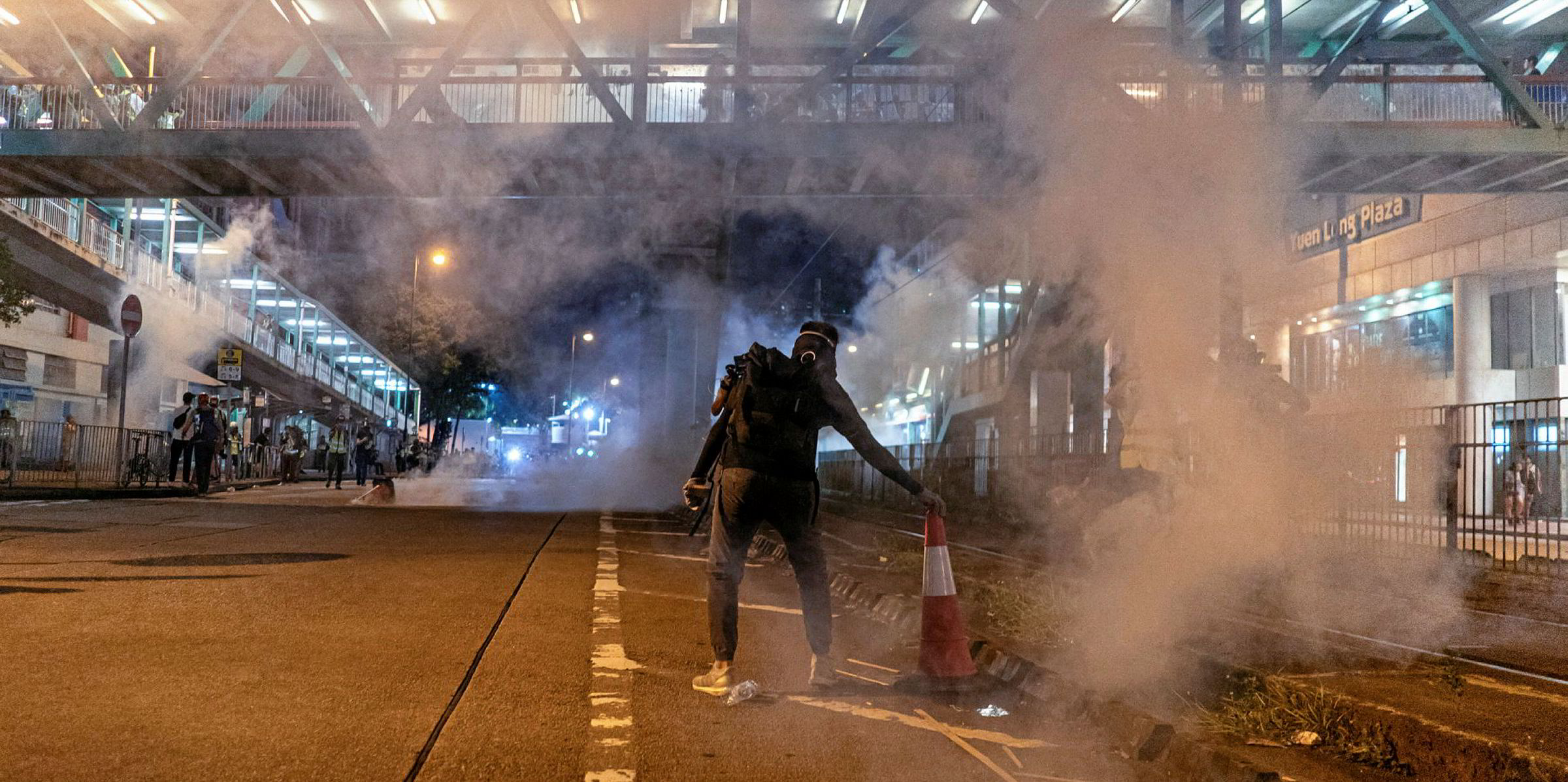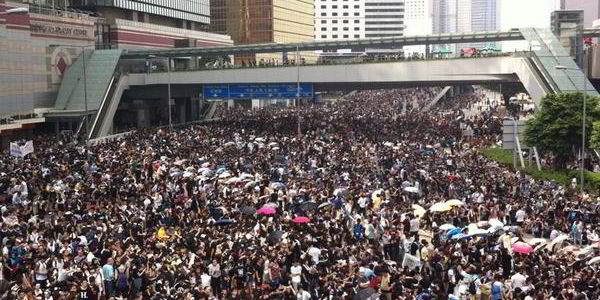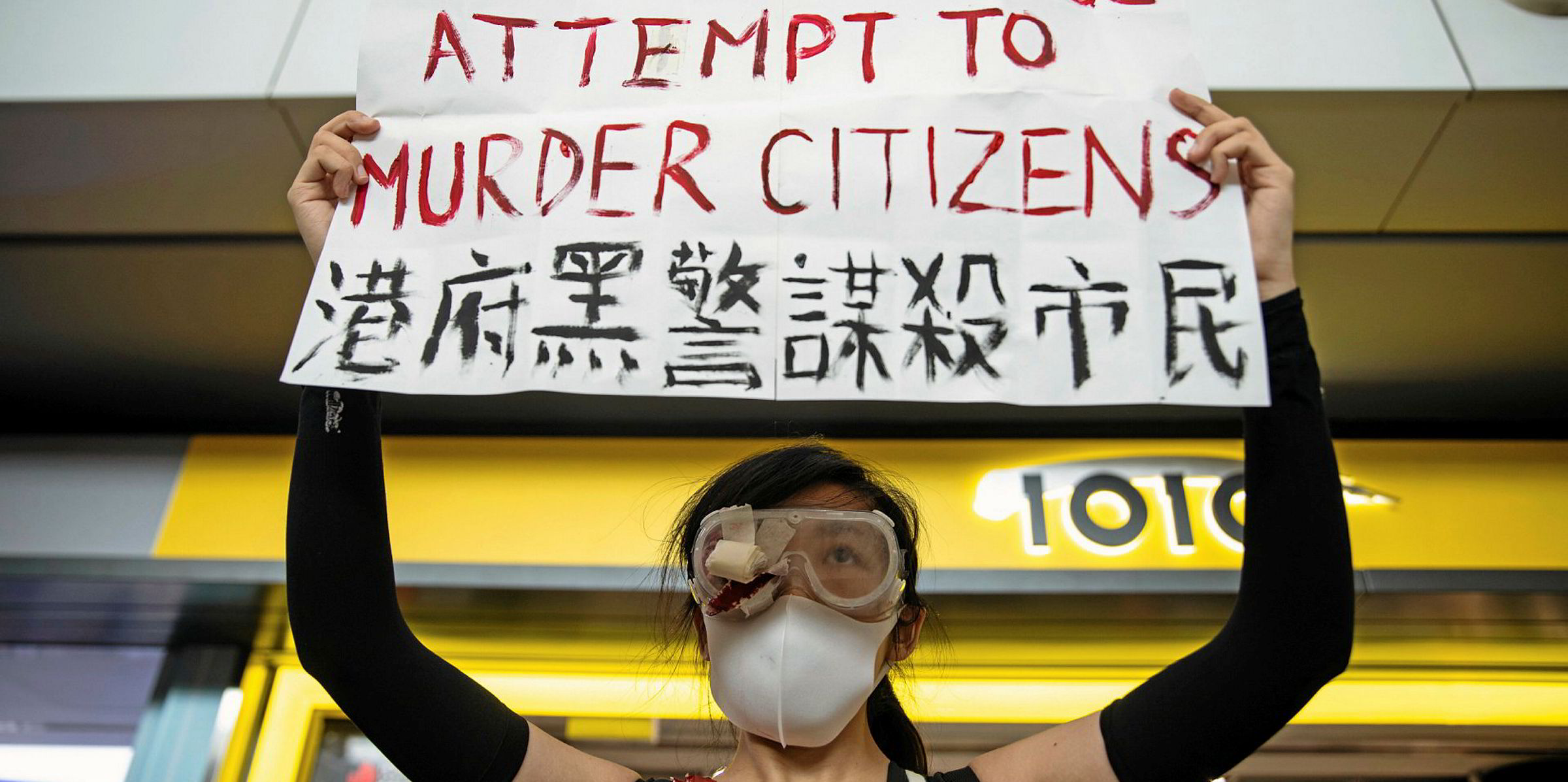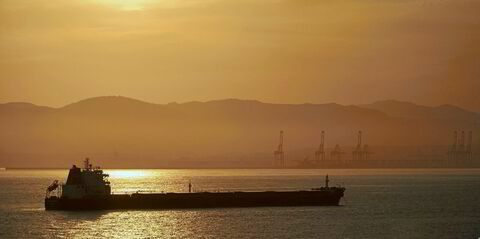After years in denial, top names in Hong Kong's conservative shipping industry are finally admitting that the crisis in the former colony's streets threatens to puncture their high-rise bubble.
However, none of them are willing to be identified.
But the phrase "business as usual" seems more difficult for everybody to pronounce.
To be sure, four months of mass marches, plus street clashes between masked democracy demonstrators and the heavily-armed Hong Kong Police Force (HKPF) have hardly brought a ruffle to the office suites.
Business does go on as usual. Despite the unpredictable crowds and the government's tactical Metro station closures, employees are usually making it to work, and not talking politics once they get there.
Long-term survival
But more and more of their bosses are waking up and smelling the tear gas — even those who dismissed the Umbrella Movement and Occupy Hong Kong demonstrations of five years ago.
"There are now concerns about the long-term survival of Hong Kong," said a long-serving chief executive of one big name in the shipping industry.
Some, including Hong Kong chief executive Carrie Lam, blame the turmoil on economic conditions facing young people, especially housing costs. But the shipping chief executive blames a lack of political and civil rights.
"The root cause of this unrest is Hong Kong's Basic Law [its quasi-constitution under Chinese sovereignty]," he said.
"It put a system in place that ensured the pro-establishment side will always have a majority. The voting is in the hands of 1,200 people who will always vote with the government. You can call it an anti-democratic democratic system."
"I don't think anybody here has any hope or intention of making Hong Kong independent or damaging the Communist Party of China," he said.
Hong Kong does have an independence movement, even if Beijing loyalists may exaggerate its influence on the overall democracy movement there.
"They just want to keep their way of life and they have found keeping their way of life very difficult," the shipping CEO added.
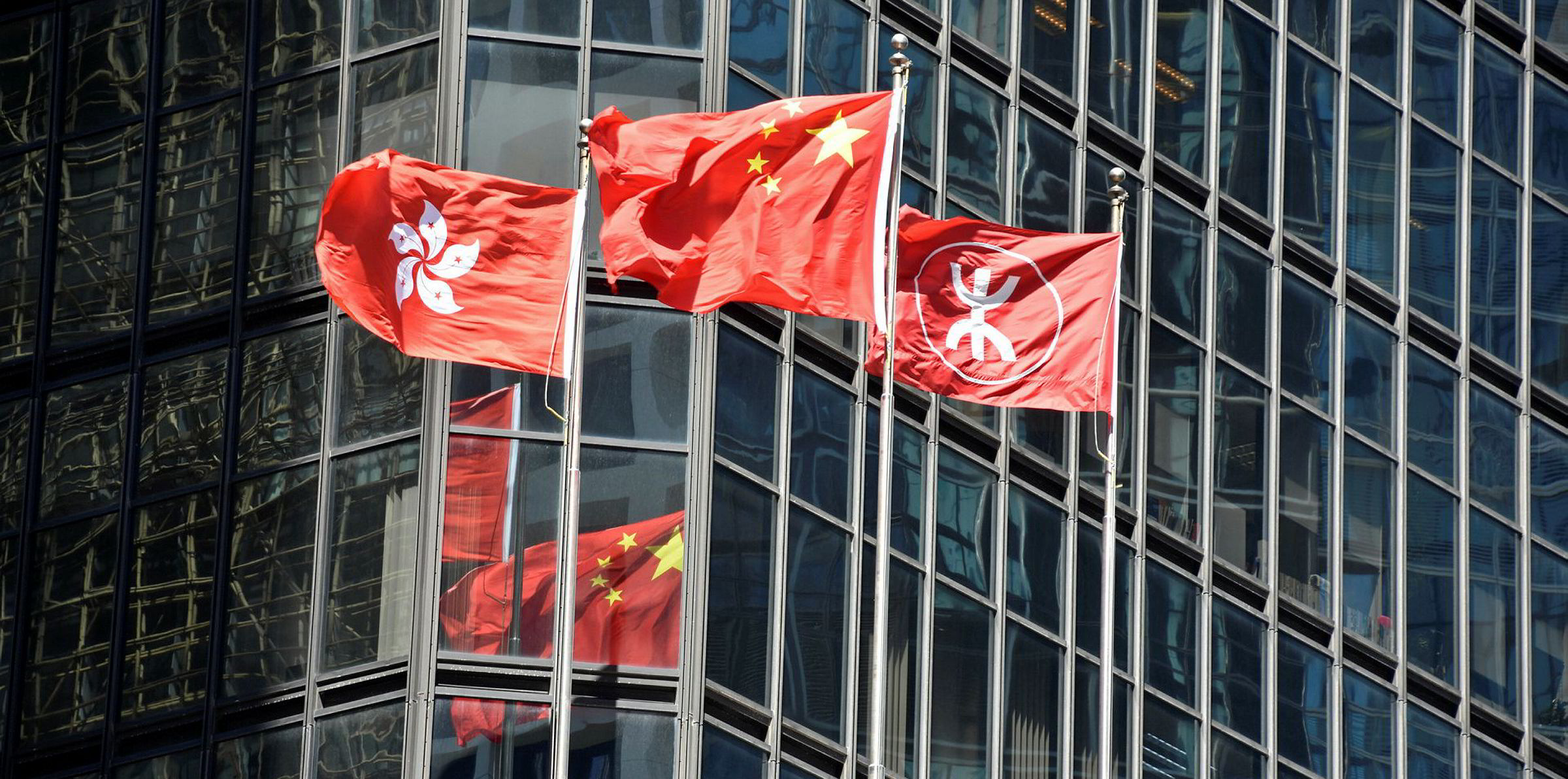
A politically agnostic international industry such as shipping may be perfectly content to see a deficit of political rights in the places it does business. The colder calculation is whether popular discontent and the government's — and Beijing's — response will be bad for business here.
The shipping CEO thinks the political and the business questions are related — especially when it comes to the independence of the courts.
"Hong Kong has three unique strengths as a place to do business: first, low taxes and a stable tax regime; second, the rule of law — strong institutions that enable businesses to be confident about a fair resolution in case of a business dispute; and third, a convertible currency with the ability to move money in and out unimpeded," he said.
"These are the linchpins. If any of these begins to break, the future of Hong Kong as a business hub will be in jeopardy."
Should Singapore then expect a dramatic exodus of shipping companies needing a stable Far East base?
Not tomorrow and not ever, say a few pillars of the community such as shipowner Tim Huxley.
"It is inconceivable that I or Mandarin Shipping would consider leaving Hong Kong," Huxley told TradeWinds. "It is our home and we shall stay."
Unsophisticated toolbox
But others — who agree that they hope and plan to stay — confess they already have plans for where they will move headquarters, if it comes to that.
For decades, the international business community here has been able to rely not only on Hong Kong's own virtues, but also on the enlightened self-interest of the Communist ruling class in Beijing to see them through.
Is Beijing close to losing its patience?
Beijing has recently built up its military and police forces in Hong Kong and may have deployed members of the People's Armed Police among HKPF forces. Recent video reports have shown forces in HKPF uniform who seem unable to speak the Cantonese language very fluently, or who speak Mandarin among themselves.
Would a Hong Kong under martial law in the streets see a decay of the rule of law in the commercial courts?
Far-fetched, thinks Huxley. "I'm sure Beijing will continue to take a long-term view," he said.
Not at all far-fetched, thinks a shipping partner in a global law firm. "That works only so long as Hong Kong still has value to Beijing."
